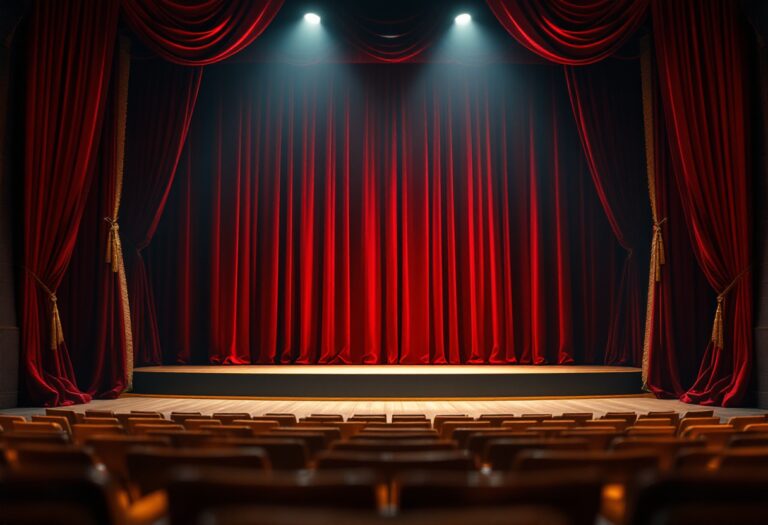Argomenti trattati
As Saturday Night Live (SNL) approaches its 50th anniversary, the iconic sketch comedy show stands as a testament to the evolution of television and comedy. Since its debut in 1975, SNL has not only entertained audiences but has also sparked conversations around cultural and political issues, often pushing the boundaries of what is acceptable in mainstream media.
The impact of live television
Live television is inherently unpredictable, and SNL has had its fair share of memorable mishaps and controversies. From unexpected outbursts to musical performances that left audiences stunned, the show has thrived on its ability to embrace spontaneity. This unpredictability has led to some of the most talked-about moments in television history, such as when Irish singer-songwriter Sinéad O’Connor tore up a photograph of Pope John Paul II during her performance in 1992, igniting a firestorm of criticism and debate.
Controversial figures and their legacies
Throughout its history, SNL has welcomed a plethora of controversial figures, each leaving their mark on the show. Kanye West, for instance, has had a tumultuous relationship with SNL, often expressing his dissatisfaction with the show’s portrayal of him. His infamous rants and on-stage antics have made headlines, culminating in a notable incident where he supported Donald Trump on air, leading to his exclusion from future episodes.
Similarly, Chevy Chase’s tumultuous tenure on the show is a reminder of the challenges that come with fame. His clashes with cast members and writers during his hosting stints reveal the complexities of navigating success within a collaborative environment. Chase’s legacy is a blend of comedic brilliance and behind-the-scenes drama, illustrating the fine line between genius and controversy.
The evolution of comedy and cultural commentary
SNL has consistently served as a platform for cultural commentary, often reflecting the zeitgeist of the times. The show’s willingness to tackle sensitive subjects has led to both acclaim and backlash. For instance, the decision to invite Andrew Dice Clay, a comedian known for his provocative humor, sparked protests and internal dissent among cast members. This incident highlights the ongoing debate about the role of comedy in society and the responsibilities of those who wield it.
As SNL celebrates its 50th anniversary, it is essential to recognize its dual role as a source of entertainment and a catalyst for discussion. The show’s ability to adapt to changing societal norms while maintaining its comedic edge is a testament to its enduring legacy. With a rich history filled with both triumphs and controversies, SNL continues to shape the landscape of American comedy.

